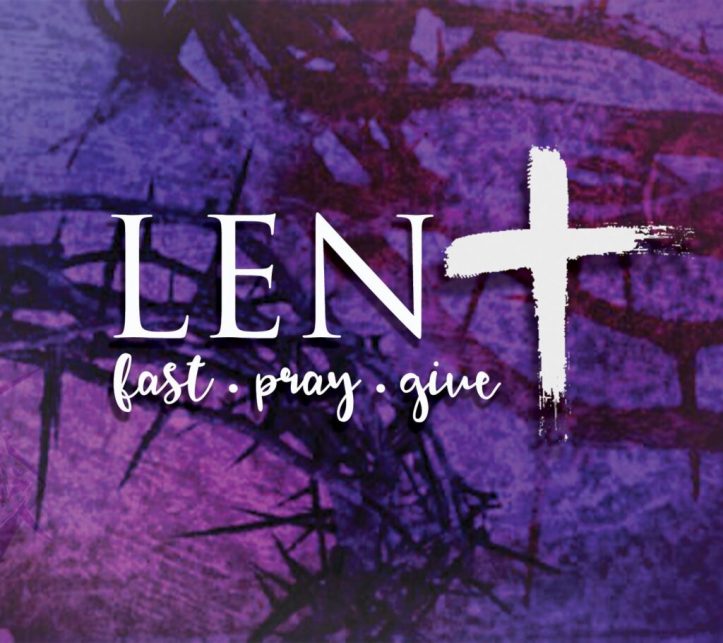What exactly is Lent? Lent is a serious religious practice in the Christian religious calendar, which begins on Ash Wednesday, the evening of Ash Wednesday, and end about six weeks following in Easter, depending on the Christian sect and local tradition.
It is not only one of the Ten Commandments but also commands God’s love for us and a good number of our loved ones. Lent can be associated with several things in Christianity: abstinence, humility, poverty, giving, patience, giving thanks, letting go, and rest.

What is Lent and what happens during Lent? Lent began as an ancient Roman festival associated with the crucifixion. People were permitted to gather on a Friday, Ash Wednesday, and gather after Ash Wednesday to commune with the Gods. On Ash Wednesday, they were too fast and do penance by avoiding meat, dairy products, and fruit juice. Fruits like strawberries and plums, wheat and barley, and pomegranates were to be avoided because they had been used in idol worship.
What is Lent in modern western Christianity? In modern western Christianity, Lent started as a way of allowing people to remember the suffering of Jesus and His disciples while on their way to cross the River Styx. In fact, the Lenten Season is one of the most important Christian festivals of all, especially for Catholics.
What is Lent and what happens during Lent? The concept of Lent is that it is a time for reflection and self-examination. Lent is traditionally followed by Christians to go into the desert to experience the effects of penance, in preparation for their future lives as followers of Christ.
What is Lent? Lent is actually a part of the Christian religion. It started in the sixth century, when early Christians started observing Lent for one week, after which they could go into their monasteries and engage in penance. This practice has now developed into a full calendar year of Lent, which officially begins on Ash Wednesday. Lent is meant to imitate the spiritual life of Jesus, who experienced hardship and poverty, and even died on the Cross, in order to atone for the sins of his church and people.
What is Lent? Lent is a great opportunity for Christians to go back to the faith and experience a sense of renewal. Lent began as a commemoration of the Passion of Jesus and was later adopted by Eastern Roman Catholics during the 7th century. On Ash Wednesday, the Sunday before Ash Wednesday, Lent actually begins, and observers abstain from eating meat, fish, shellfish, and nuts until the third day of Ash Wednesday, the day after Easter.
The Lenten season is also a time of repentance and self-denial. During Lent, followers are encouraged to live a self-mortification life, and reflect upon the many good works that they have done through the week. They may also be encouraged to fast, in order to pay their respects to God, and to cleanse their souls. They can only fast for a single week each year, but some groups will continue their fast longer than once a year.
The first Lent Sunday after Easter Sunday is considered the beginning of Lent. In the UK, the word “Lent” is pronounced “Lento”, while in America it’s pronounced “Letsen”. Some communities in Australia, Canada, Ireland and France use the term “fficial” to describe their Lenten seasons. In these cases, however, the term “Lent” refers only to the first seven weekends of Lent. In these areas, the entire Lent period is forty days, whereas in America it’s only the last two or three days of Lent.
There are different Lent periods throughout the year. They differ in terms of duration and start on different days of the week. A fasting is also called “the celebration” or “amen” in the Church. This is not to be confused with “dieting”. A Lenten celebration includes a lot of feasting, prayer and sharing of meals and drinks, especially bread and wine.
The Lenten season starts on the first Sunday after Ash Wednesday and finishes two weeks later on the second Sunday of Lent. The longest Lent period is twenty-one days, while the shortest is eight days. Generally, the longer the Lenten season, the more lavish foods are eaten and the better atmosphere is felt.
As mentioned, in the UK, the term “Lent” is used to denote the fasting period. However, in other countries, the term “Lent” is used to denote the forty days of winter (and autumn), in which most of the communities in the UK, Ireland and Wales, observe Lent. Although there are many differences between the Lenten festival in the Church, it is mostly the same thing. Most people in the world take part in the Lenten season.